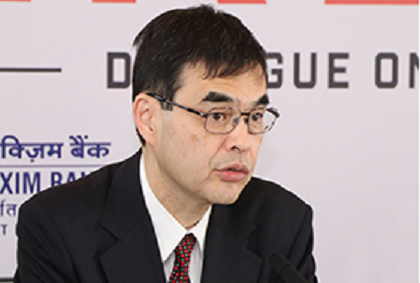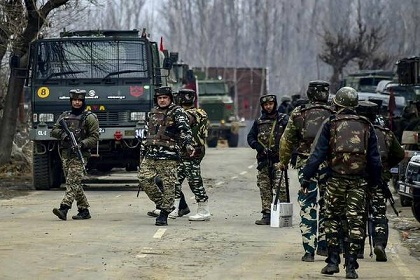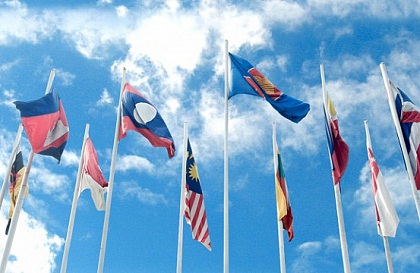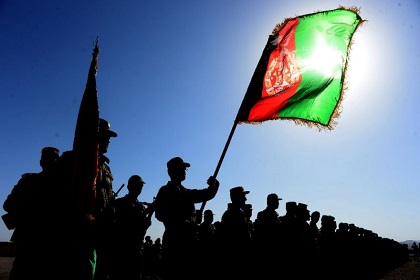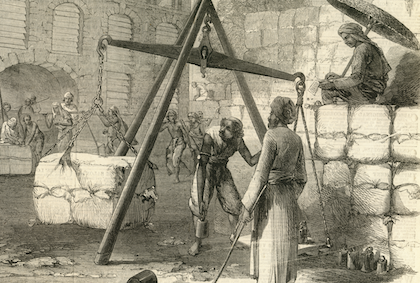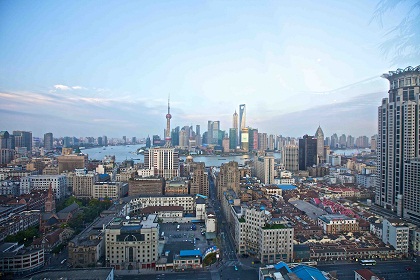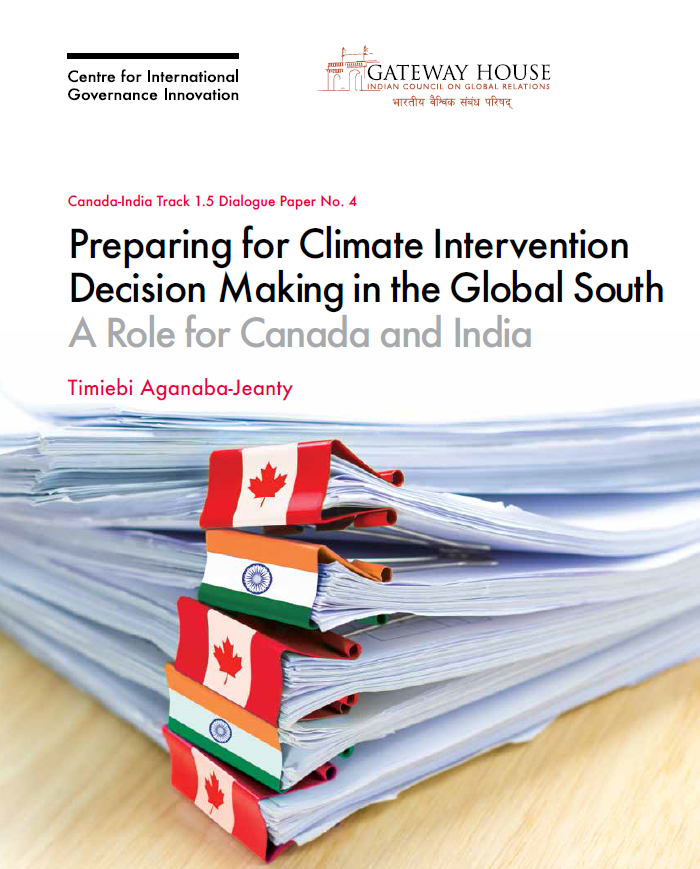Japan’s G20 priorities
Solving global issues, such as climate change, working towards the Sustainable Development Goals, promoting free trade – these are some of Japan’s aims as president of the G20, says Hideki Asari, Charges d’Affaires ad Interim, Embassy of Japan, New Delhi, who was part of an India-Japan Dialogue organised by Gateway House recently


